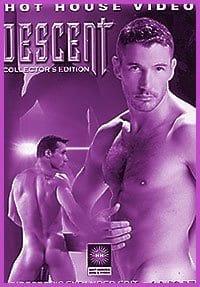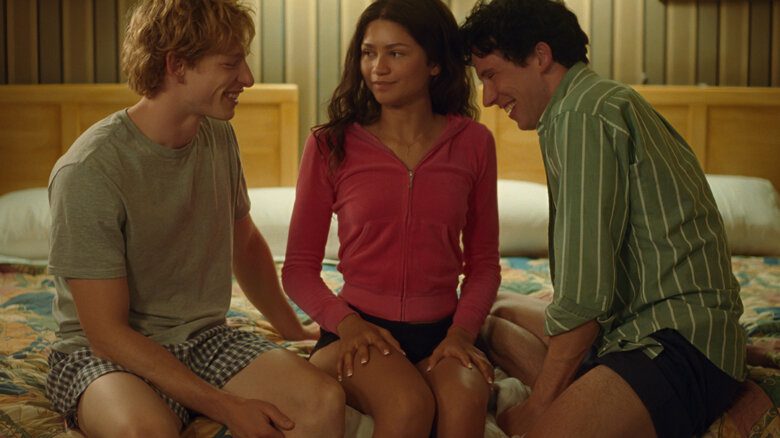A law professor testifying in Glad Day Bookshop’s case against Ontario film censors this month says reviewing films and videos being shown in this province is unnecessary and unworkable.
“It’s not rational to put all films through the process to identify the one percent that represent potential harm,” Osgoode Hall law professor Jamie Cameron told the Ontario Superior Court Of Justice last week. “They’re not entitled to regulate everything to catch something.”
The Theatres Act is unconstitutional, says Cameron, because it does not have a “pressing and substantial” purpose. She estimates that only one percent of material screened by the Ontario Film Review Board (OFRB) censor board is banned.
Cameron was testifying on behalf of the Canadian Civil Liberties Association (CCLA), which is backing the Yonge St bookstore in its challenge of the OFRB’s authority to censor films and videos in this province.
Cameron also argued that Ontario’s film review process is redundant because obscene material is already regulated by the Criminal Code Of Canada and is subject to criminal prosecution. Canada Customs also screens much of what comes across the border; those two facts combined make the censor board unnecessary, she said.
Cameron’s testimony is part of the appeal by Glad Day Bookshop and its owner John Scythes to have the court toss out the legislation empowering the OFRB to censor films and videos.
Scythes is appealing their conviction under the Ontario Theatres Act for selling a copy of Descent, which had not been approved for distribution by the OFRB. Undercover inspectors seized the video in 2000 because it didn’t have an OFRB sticker.
Glad Day’s lead lawyer, Frank Addario, argued that the powers of the OFRB violate the freedom of expression provisions of the Charter Of Rights And Freedoms by restricting material that is not illegal under law.
Addario also argued that the fee structure of the censor board presents “an economic barrier” to small firms that cannot afford to pay to have their films approved.
The OFRB charges a fee of $4.20 per minute to screen a film that was not wholly made in Canada. All films must pay these fees, whether they have a market of 10 viewers or 10-million.
For its part, the Crown largely relied on the same arguments it successfully used at the original trial: Glad Day is not entitled to challenge the process of the censor board because it did not go through the process by submitting the film in the first place.
The Crown submits that therefore there is no factual record of what would have happened to the film had it been submitted for approval, thus leaving the court in a “factual vacuum” in the case.
Scythes, who has been rumbling recently about selling or closing the store, says he is “cautiously optimistic that some of the constitutional issues will be decided in our favour.”
Judge Russell Jurianz is not expected to rule on the appeal for weeks.

 Why you can trust Xtra
Why you can trust Xtra


